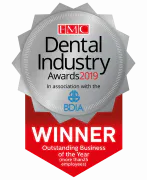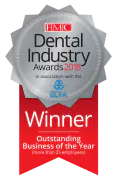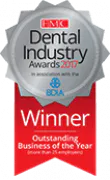
At Apollonia House Dental & Healthcare the health and well being of our patients and colleagues is our top priority. Over the past few weeks we have been working relentlessly to ensure we stay abreast of the COVID-19 situation as it unfolds and we are continuing to adapt in accordance with the guidance from the Government and our governing bodies. We always put patient and colleague safety first and that philosophy continues through the current situation.
The latest guidance from the Chief Dental Officer of England means we are not currently able to offer face to face appointments and therefore our practice building is closed. For that reason we have put together some tips for you to follow at home to help keep on top of your oral health routine and to keep you smiling bright:
Home care checklist:
Toothbrushes:
Whether you’re using a manual, battery or an electric toothbrush, it’s the technique that is the key!
Manual toothbrush: Use a medium head toothbrush with a small head. Focus along the gumline using a gentle circular motion. Click here for more tips.
Electric/ Powered toothbrush: Often power toothbrushes with an oscillating head (like the OralB toothbrush) are more effective at removing plaque. Hold your brush at a 45 degree angle and gently move the toothbrush along each tooth focusing towards the gumline. Click here to for helpful tips on how to brush your teeth properly. Click here for helpful tops on how to use your Philips Sonicare toothbrush.
Toothpaste:
Fluoride can be found in tooth paste and is very important for helping to prevent tooth decay. You can see if your toothpaste contains the recommended levels of fluoride by checking the packaging.
Interdental Cleaning:
Cleaning the spaces between your teeth is important to ensure you have removed plaque from the areas your toothbrush will not reach. Using interdental aids will help get to these areas and it is recommended to do on a daily basis, there are many options available. Click here for how to use dental floss and click here for how to use interdental brushes.
Remember - Only floss the teeth you want to keep.
Lifestyle & diet
During this time away from the dental practice it is important that you not only maintain and look after your gums, but also prevent against tooth decay. There’s truth in the saying you are what you eat, and food has a huge impact on your overall dental health. A good balanced diet means a healthy mouth, strong gums and bright teeth.
Keep safe during this difficult time and we look forward to seeing you very soon!
References: Information and advice taken from the Delivering Better Oral Health Toolkit.
Portman Dental Care Awards





